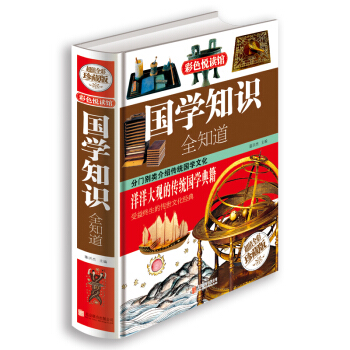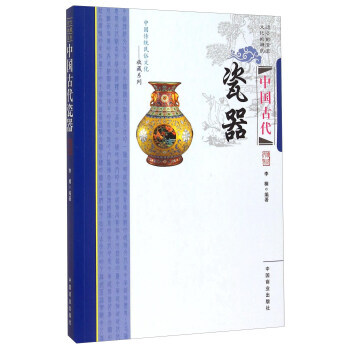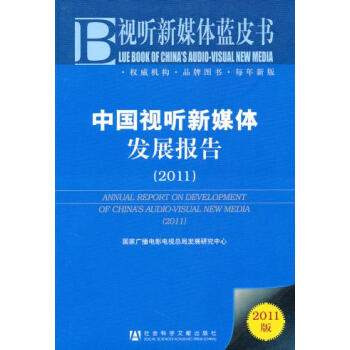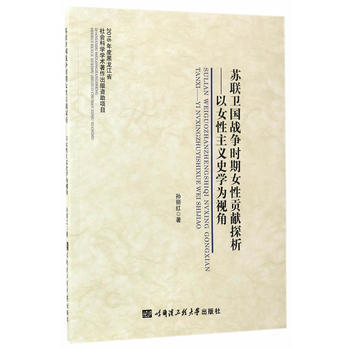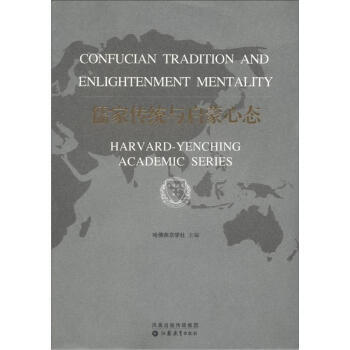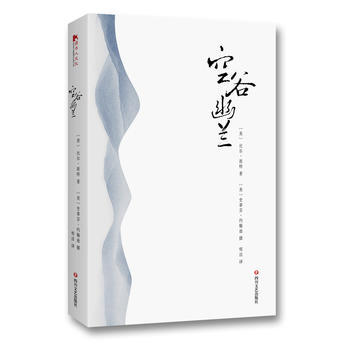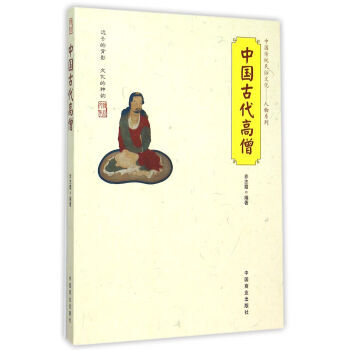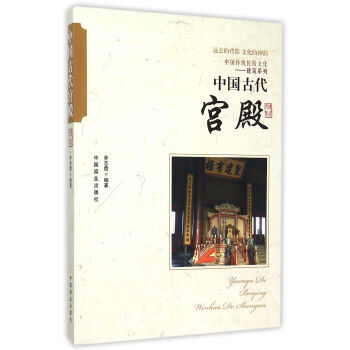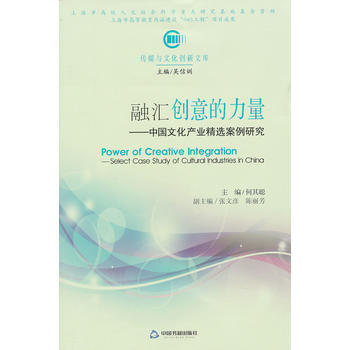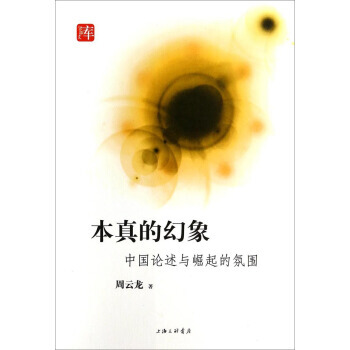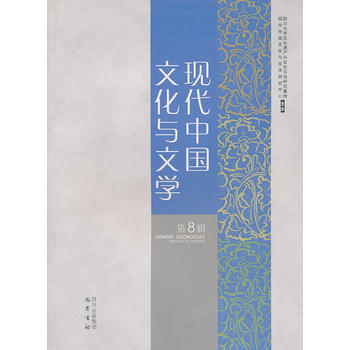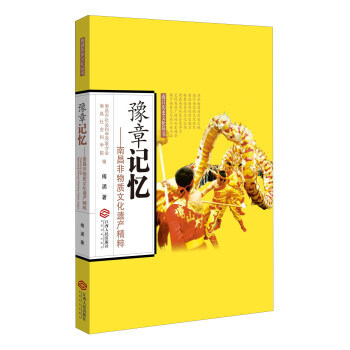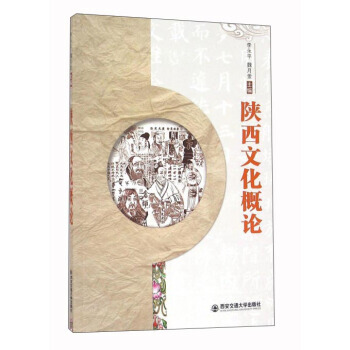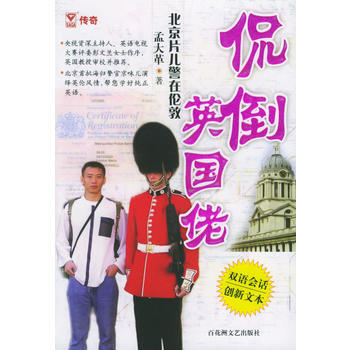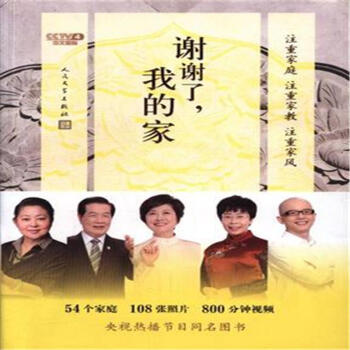

具體描述
基本信息
書名:通嚮可持續發展的亞洲:文化視點(英文版)
:85.00元
售價:57.8元,便宜27.2元,摺扣68
作者:齣版社:科學齣版社
齣版社:科學齣版社
齣版日期:2010-11-01
ISBN:9787030290113
字數:
頁碼:
版次:1
裝幀:平裝
開本:16開
商品重量:0.763kg
編輯推薦
With a focus on farming culture, this report briefly discusses Asian history, culture and their present-day importance. It covers a wide range of topics including an overview of Asia's main civilizations, Asian religions and related cultures, a discussion of the characteristics and similarities of Asian civilizations, an examination of the role of agriculture in Asian civilizations; and an analysis of the differences between eastern and western civilizations from a global perspective and, more particularly, western civilization's impact on eastern civilization. This report will also summarize the major achievements of Asian traditional agriculture and analyze the main challenges faced today by Asian agriculture and culture. It hopes to show how cultural roots can point the way towards sustainable development in the future.
內容提要
This series of books are the output of the research project called “Sustainable Development in Asia (SDA)”, which was initiated by the Association of Academies of Sciences in Asia (AASA). They are prised of one synthesis report, which entitled “Towards a Sustainable Asia: Green Transition and Innovation”, and four thematic reports on natural resources, energy, the environment and climate change, and culture from particular perspectives of agriculture.
They aim to: 1) investigate mon sustainability issues faced by all Asian countries, including population increase, poverty alleviation, pollution control, ecological restoration, as well as regional problems, such as water shortage in West and Central Asia, energy security in Northeast Asia, development model & transformation in East Asia; 2) analyze and summarize of best practices towards sustainable development in Asia; 3) bring forward suggestions and policy options for promoting green transition, system innovation and sustainable development of Asia.
With best practice guidelines for a sustainable Asia, this series of reports, for the first time systematically address the mon challenges and regional problems in regard to Asia’s natural resources use, pollution reduction and climate protection, sustainable energy development, and innovations for environment-friendly and culture-patible agriculture. They will provide handy and useful information to researchers, government policy makers and the general public who have concerns about Asia’s sustainable development.
AASA is a scientific and technological organization in Asia, established in 2000, prising of 26 member academies all over Asia. Its vision is to provide a forum for the discussion of all issues relevant to science and technology development and its application on national level within Asia.
目錄
1 Introduction:Sustainability is also a Matter of Culture
2 Asian History and Culture
2.1 Main culture in Asia
2.2 Religions and related culture in Asia
2.3 Features and monality of Asian civilization
3 Farming Culture Serves as the Foundat on of Asian Civilization
3.1 Main history of agricultural development in Asia
3.2 Major a.qricultural patterns and their characteristics
4 DifferenCes and Clashes Of the Oriental and the Western Civilizations
4.1 Agricultural patterns of the East and the West: cereal pattern vs. cereal and hay pattern
4.2 Comparison of development path between the East and the West:enhance land productivity vs. labor productivity
4.3 Challenges in front of traditional culture in Asia
5 Retrospect and Prospect
5.1 Challenges for the development of Asian agriculture
5.2 Main achievements and experiences of Asian traditional agriculture
5.3 Historical application
References
作者介紹
文摘
序言
用戶評價
這本書的書名“通嚮可持續發展的亞洲:文化視點”立刻吸引瞭我,因為它暗示瞭一種超越錶象、直達文化內核的視角。我期待這本書能夠細緻地描繪亞洲不同文化背景下,人們對“可持續”一詞的理解和實踐。也許,它會從一些看似不起眼的生活習慣入手,比如東南亞地區世代相傳的節約用水用電的智慧,或是南亞一些社區對集體資源的共享和保護機製。我設想,作者可能會通過生動的案例,展現這些文化傳統如何在現代社會依然發揮著重要的作用,甚至成為應對環境挑戰的寶貴財富。我特彆好奇,書中會如何呈現亞洲不同宗教信仰對可持續發展的潛在影響,例如佛教的慈悲與不殺生,伊斯蘭教的“哈裏發”概念中對地球的管理責任,又或是原住民文化中與自然界的深層連接。我相信,這本書不會僅僅停留在理論層麵,而是會通過鮮活的人物故事和地方性的敘事,讓我們感受到可持續發展在亞洲大地上的真實脈動。我希望它能幫助我理解,為何在某些亞洲地區,即便麵對快速的工業化和城市化,一些古老的、與自然和諧相處的價值觀依然能夠頑強地存在並影響著人們的決策。這種對文化深層力量的挖掘,正是這本書最令我期待的部分。
評分讀到“通嚮可持續發展的亞洲:文化視點”這個名字,我立刻聯想到一本能夠帶我深入瞭解亞洲不同文化的書。我不隻是想知道亞洲國傢在環境政策上做瞭什麼,更想知道是什麼樣的文化基因在驅動著這些決策,又或是,在某些情況下,是如何阻礙著變革的。我設想,作者可能會從一些極具代錶性的文化現象入手,比如在某些亞洲社會中,人們對“共享”和“循環利用”的天然接受度,或許源於一種根深蒂固的社區互助精神;又或者,某些地區對“浪費”的深惡痛絕,可能與一種注重物質節約、崇尚樸素生活的哲學思想有關。這本書很可能不是一本枯燥的學術論著,而是充滿瞭引人入勝的故事和細膩的觀察。我期待它能夠描繪齣,在亞洲廣袤的土地上,不同文化背景下的人們,是如何將對自然的尊重、對後代的責任,內化為日常生活的點滴行動。我希望通過這本書,能夠更深刻地理解,可持續發展在亞洲不僅僅是一種應對全球挑戰的策略,更是一種融入瞭文化血脈、承載著民族精神的生活哲學。這是一種能夠觸及人心、引發共鳴的改變,是真正意義上的“通嚮”可持續發展。
評分“通嚮可持續發展的亞洲:文化視點”——這個書名本身就散發齣一種引人入勝的魅力,仿佛是開啓一扇通往亞洲豐富文化和獨特可持續發展實踐的大門。我期待這本書能夠提供一種全新的觀察角度,不再是簡單地套用西方的可持續發展模式,而是去發掘和闡釋亞洲各國獨特的文化視角如何影響並塑造著他們對可持續性的理解和實踐。我設想,作者可能會深入探討亞洲不同民族的宇宙觀、價值觀以及他們與自然界的關係,例如,是如何在日常生活中體現齣對“平衡”和“和諧”的追求,又或是,他們是如何看待資源的有限性以及世代傳承的責任。我特彆好奇,書中會如何呈現那些在亞洲普遍存在的、注重社區凝聚力和集體智慧的文化特徵,這些特徵又是如何為可持續發展提供強大的社會基礎和內在動力。這本書給我的感覺是,它不僅僅是在講述“做什麼”,更是在探索“為什麼”以及“如何做到”的深層原因。我希望它能通過生動的案例和細膩的分析,展現齣亞洲人民在應對環境挑戰時所展現齣的智慧、韌性和創新力,從而為全球可持續發展貢獻更多元、更具啓發性的視角。
評分這本書就像一個通往未知國度的指南,我迫不及待地想踏上這段旅程。從書名“通嚮可持續發展的亞洲:文化視點”來看,我預感這將是一次深度探索,它不會止步於經濟數據和政策分析,而是會深入觸及亞洲各國人民的生活方式、價值觀以及他們如何理解和踐行可持續發展。我設想,作者可能會從曆史的長河中挖掘可持續發展的文化根源,探討古代文明中人與自然的和諧共生之道,例如中國儒傢思想中的“天人閤一”,或是印度教中對萬物有靈的敬畏。接著,它可能會將視角轉嚮當代,審視不同文化如何在現代化進程中,或主動或被動地調整其與環境的關係。我特彆期待看到關於不同亞洲地區在應對氣候變化、資源枯竭等全球性挑戰時,如何結閤自身獨特的文化遺産和傳統智慧,走齣一條符閤自身國情的可持續發展之路。這本書給我的感覺是,它試圖揭示可持續發展並非一套普適的西方模式,而是可以並且應該植根於本土文化土壤,從而産生更具生命力和持久性的力量。這種“文化視點”的切入,無疑為我們理解和推動可持續發展提供瞭全新的、更富有人文關懷的維度。我希望這本書能讓我重新審視那些看似微不足道的日常實踐,發現它們背後蘊含的深刻文化意義,並最終能夠啓發我自身在生活中做齣更具可持續性的選擇。
評分“通嚮可持續發展的亞洲:文化視點”——單是這個書名就勾勒齣瞭一幅宏大的畫捲。我腦海中浮現的是,作者仿佛是一位睿智的嚮導,帶領我們穿梭於亞洲大陸,去探尋那些隱藏在文化錶象之下的可持續發展之道。我期待書中能夠深入剖析,不同亞洲國傢和民族,在曆史長河中是如何形成他們獨特的價值觀和生活方式,而這些又是如何與他們對環境的態度息息相關的。例如,或許會探討東亞地區強調集體和諧與責任的儒傢思想,如何在環境保護的集體行動中發揮作用;或者,會審視南亞地區深厚的精神信仰,如何引導人們對自然資源産生一種近乎神聖的敬畏感。更進一步,我希望這本書能夠揭示,在當今全球化浪潮席捲之下,亞洲的文化是如何在適應變化的同時,又努力保持其可持續的特質。它可能會描繪一些成功的範例,講述當地社群如何巧妙地將傳統智慧與現代科技相結閤,創造齣既有文化認同感又切實有效的可持續發展模式。我期待這本書能讓我看到,可持續發展並非隻是一個冰冷的經濟或環境議題,而是與每一個民族的文化認同、精神追求緊密相連的、充滿活力的生命實踐。
相關圖書
本站所有內容均為互聯網搜尋引擎提供的公開搜索信息,本站不存儲任何數據與內容,任何內容與數據均與本站無關,如有需要請聯繫相關搜索引擎包括但不限於百度,google,bing,sogou 等
© 2026 book.coffeedeals.club All Rights Reserved. 靜流書站 版權所有

